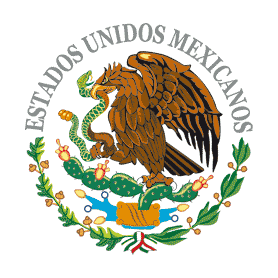 The New York Times reports that Mexican security officials, who had previously been subjected to polygraph screening by U.S. polygraph operators, have declined to do so since the inauguration of Mexican president Enrique Peña Nieto on 1 December 2012. Excerpt:
The New York Times reports that Mexican security officials, who had previously been subjected to polygraph screening by U.S. polygraph operators, have declined to do so since the inauguration of Mexican president Enrique Peña Nieto on 1 December 2012. Excerpt:
MEXICO CITY — In their joint fight against drug traffickers, the United States and Mexico have forged an unusually close relationship in recent years, with the Americans regularly conducting polygraph tests on elite Mexican security officials to root out anyone who had been corrupted.
But shortly after Mexico’s new president, Enrique Peña Nieto, took office in December, American agents got a clear message that the dynamics, with Washington holding the clear upper hand, were about to change.
“So do we get to polygraph you?” one incoming Mexican official asked his American counterparts, alarming United States security officials who consider the vetting of the Mexicans central to tracking down drug kingpins. The Mexican government briefly stopped its vetted officials from cooperating in sensitive investigations. The Americans are waiting to see if Mexico allows polygraphs when assigning new members to units, a senior Obama administration official said.
If U.S. security officials truly believe in polygraphy (and their own honesty), why would they object to being polygraphed by their Mexican counterparts?
With respect to polygraph “testing” in Mexico, a 2009 U.S. State Department cable released by Wikileaks documents that the United States has been instrumental in promoting the practice of polygraph screening in that country. In fiscal year 2008, $5 million was appropriated to support a “bilateral working group” on polygraphy, and an additional $6 million was earmarked for fiscal year 2009.
But the notion that polygraph screening can root out corruption is dubious. For starters, polygraphy has no scientific basis. Making matters worse, polygraph techniques have an inherent bias against the most honest and conscientious of persons. ((This is because the more candidly one answers the so-called “control” questions, and as a consequence exhibits less anxiety when answering them, the more likely one is to fail.)) Ironically, polygraph screening is likely to screen out the straight arrows that are needed to create a more honest workforce. And on the other hand, deceptive persons can pass the polygraph using simple countermeasures that polygraphers cannot detect.